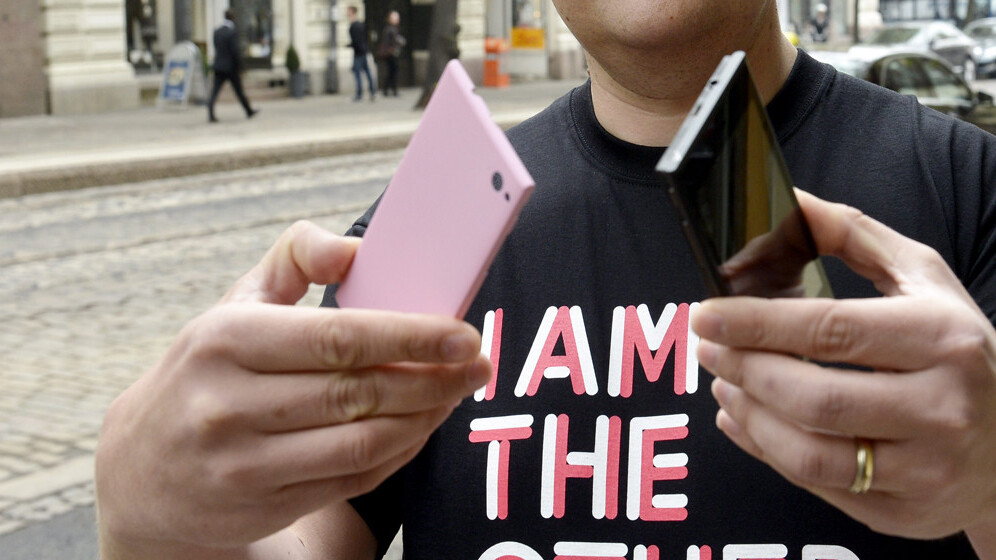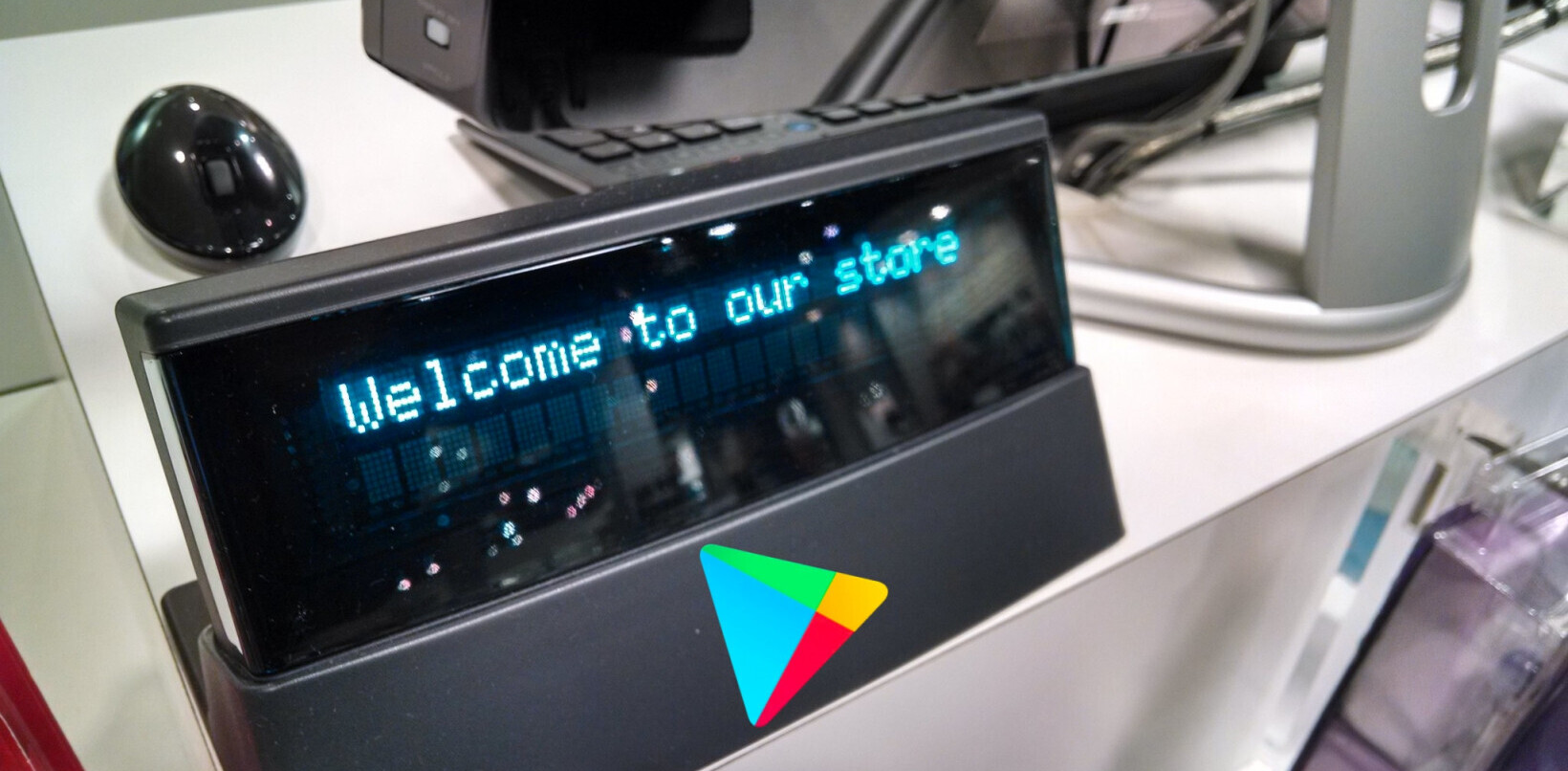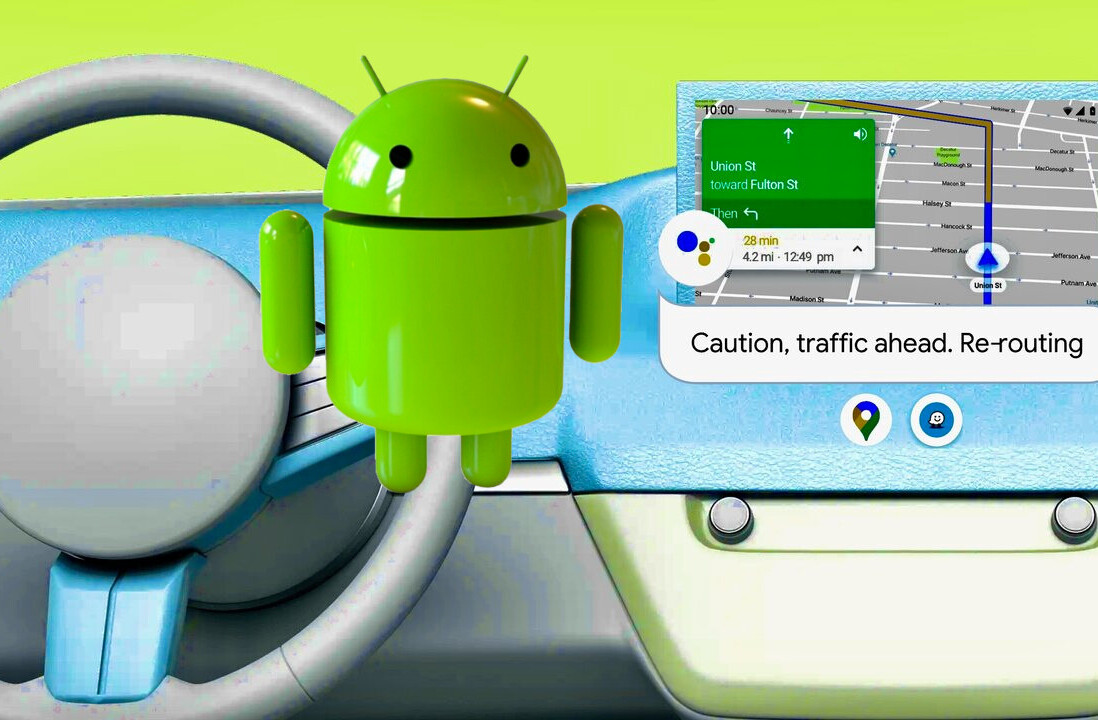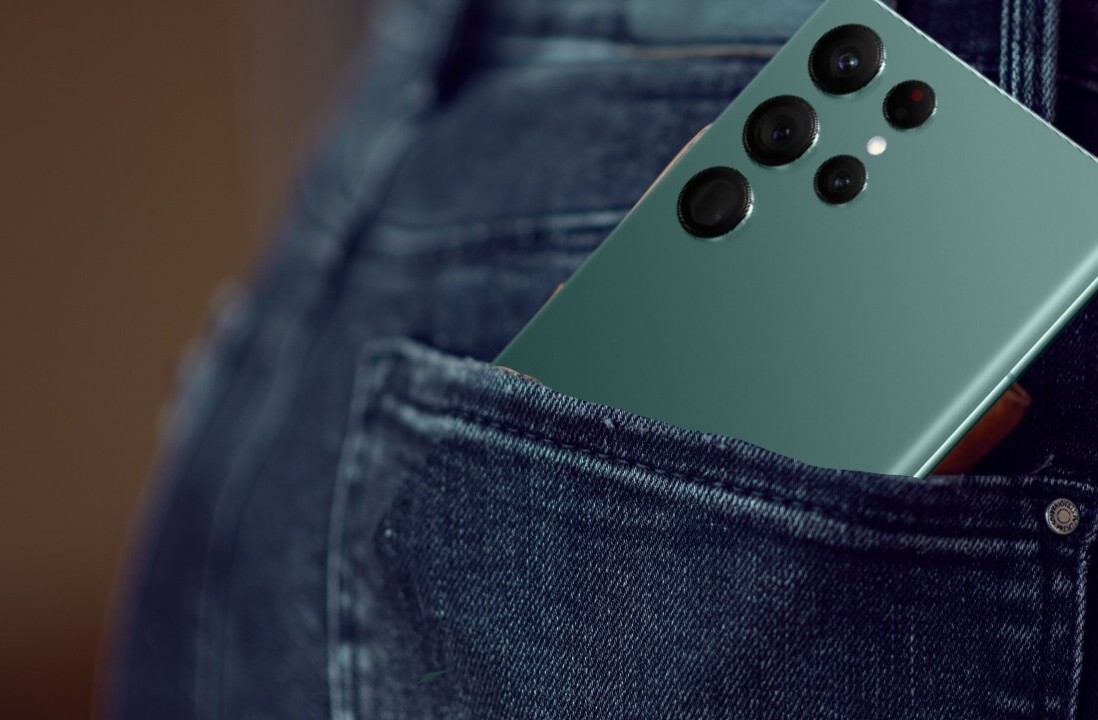
Jolla, a Finnish startup that is reviving Nokia’s abandoned MeeGo platform through its new Linux-based mobile operating system Sailfish OS, unveiled its first smartphone today.
The device, just called Jolla, is a peculiar beast that combines a dark, industrial top half aesthetic with a bright and colorful removable hardware shell. The company calls it the ‘Other Half’, which uses an unconfirmed bridging technology to grab new themes and content for the user.
Martin Schuele, chief designer at Jolla, is cautious to explain how this ‘magic’ works. But it’s clearly meant to be one of the most prominent selling points behind the new smartphone.
Rather like the Nokia feature phones of old, consumers are encouraged to find new interchangeable shells and snap it onto the back of their phone. Antti Saarnio, co-founder and chairman of Jolla, explains how a football team might use it to give fans a new background image, fonts, photos of the players and a ringtone of the local chant.

Jolla should be commended for trying something new with its first smartphone. As Schuele explains, “We were aiming for something that is really pure. It’s really simple, but it’s also not plain or cold. We weren’t aiming at another rounded box.”
The concept feels a bit tacky, however, and reminiscent of Skylanders; a wildly popular video game franchise whereby children unlock new levels and characters by buying additional toys.
Jolla versus everyone
The problem is that Jolla needs to offer an awful lot more than just interchangeable shells to compete in the modern smartphone space.
Google announced at its I/O developer conference last week that there have now been over 900 million Android activations in total. With more than 48 billion app downloads, the company is looking to emerging markets as its next big area for growth.
Nokia continues to push Windows Phone and its recently revamped Asha platform, as BlackBerry looks to rediscover its lost prominence with both enterprise users and young people through its newly unveiled Q5 smartphone.
Firefox OS is set to launch later this year. Canonical is continuing it efforts to bring Ubuntu to mobile phones and tablets. Tizen is waiting in the wings. The list goes on.
Everyone versus Google
Jolla needs more than parlor tricks to capture a significant userbase. Talking to Saarnio, however, it’s clear that the Finnish startup isn’t worried about the impending avalanche of niche mobile operating systems. It’s all about Google.
“This is not about us against new, emerging platforms,” Saarnio said. “This is about new platforms against Android. I think that’s the game.”
He added: “I can’t comment about Windows Phone, but I believe the existence of BlackBerry, Ubuntu and even Firefox OS is helping us. The market needs different alternatives. If you look at the car industry, there are many brands in the car industry and many different types of models.
“With the smartphone industry, there is no reason why it can’t be the same.”
Tackling the app problem
Consumer choice should always be encouraged, but the problem often lies in software and apps. Developers are being cajoled into producing their apps for a number of different platforms and inevitably, their attentions rests on those with the biggest market share.
It means Android and iOS often get first pick, with BlackBerry and Windows Phone reduced to an afterthought. Firefox OS is trying to sidestep this problem with HTML5 apps, but Jolla needs a critical mass of native apps. Without them, it will be increasingly difficult to persuade new users to make the switch.
Jolla says that since unveiling Sailfish OS at the Slush conference in Helsinki last year, it’s been working on apps and integration with third-party services, including Facebook. The platform will also be able to run Android apps which, like BlackBerry, should give its new smartphone a head-start when it launches later this year.
The company is refusing to name any popular apps from high-profile developers, however. It’s a warning sign that shouldn’t be overlooked.
“At the moment we can’t mention them publicly, but let’s just say that we are working with QT,” Saarnio said. “BlackBerry and Ubuntu are based on QT, and I believe there will be this core cross-platform collaboration, whether his company fuels it or not. It’s very easy for developers to offer those applications to all of these different companies and platforms based on QT.”
Developers’ ability to easily share apps, or at least port them to different platforms, should give Jolla a better chance of building its mission-critical app ecosystem. But relying on interest in Ubuntu and BlackBerry is concerning. Neither company has an industry-leading app marketplace, as most users will attest.
Attracting exclusive apps, as always, will be the key to its success.
Who’s going to buy the Jolla smartphone?
Jolla also needs to know exactly who it’s targeting with its first Sailfish OS-powered smartphone. Focusing on the right markets and consumers could be critical, but the company’s answer is a little more ambiguous.
“It’s not about geography,” Saarnio said. “There are technology leaders who want to have something fresh and new. The other interesting group will be the people who want to actually combine and join this ‘Other Half’ thinking and actually use their smartphone in different ways, and use it for the situation depending on where they are. The evening, in the daytime, and so on.”
“I think this will be, and should be, a big thing for Jolla.”
The company is holding a dedicated event in Helsinki today called Jolla LoveDay, where consumers will undoubtedly find out more about the device and Sailfish OS. It will be interesting to see how Jolla develops the idea throughout the year; it has a long way to go before it can go toe-to-toe with other mobile platforms.
Image Credit: KIMMO MANTYLA/AFP/Getty Images
Get the TNW newsletter
Get the most important tech news in your inbox each week.




